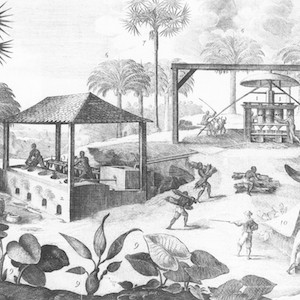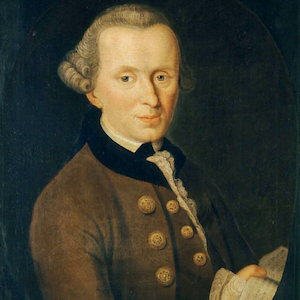Economics
Parlementary Remonstrance against the Third "Twentieth" Tax
Later in the 1750s, the Parlement turned its attention from religious controversy to royal fiscal policy.
Parlementary Remonstrance against Reforms of Royal Debts
In 1763, with the Seven Years’ War having gone badly for France and the treasury facing ever greater shortfalls, the crown issued a series of new edicts on fiscal matters, necessary in large measure to pay off the war debts, which would extend the "twentieth" surtax (originally levied in 1750); a
Islamic Empire: Religious Text, Women Sura
This Sura (or chapter) of the Qur’an, known as al-Nisa’, or “Women,” details a variety of legal rights and restrictions for Muslims in the realm of marriage, inheritance, and other male-female relationships.
Lamoignon, "The Principles of the French Monarchy" (1787)
On 19 November 1787, the King convoked the Parlement of Paris to enforce registration of an edict allowing the indebted royal treasury to borrow an additional 420 million livres. When the King appeared before the magistrates, his Keeper of the Seals, Chrétien–François de Lamoignon spoke for him.
"Memorandum to Her Majesty the Queen Concerning the Diamond Necklace Affair" (1786)
Controversy surrounding the Queen reached a fever pitch in 1785–86 in what was known as the "diamond–necklace affair." A court schemer, Jeanne de la Motte, wove a complex web of intrigue, in which she convinced Cardinal Louis de Rohan—an aristocrat from a long–standing noble family who was determ
Benjamín Montes with Bourgan, Funge, and Company
Since 1810, social critics in Buenos Aires had long been concerned about young people from the lower classes—especially young men—exercising greater independence within the home.

The Indigo Plant Farm
This print depicts and labels the essential components of a plantation producing indigo, a blue dye used for coloring cloth. Slaves are shown here working at different parts of the production process. In 1789, over 3,000 plantations in Saint Domingue produced indigo.

The Sugar Mill
This depiction of a sugar plantation in Saint Domingue emphasizes the grinding mill and refining vats. An overseer with a gun supervises the enslaved labor. By 1789 Saint Domingue excelled at sugar production, outpacing other French colonies and the British alike.

Kant, The Contest of Faculties
The most influential German philosopher of the eighteenth century, Immanuel Kant (1724–1804), set the foundations for much of modern philosophy. He lectured on a wide variety of topics, from astronomy to economics.

Mazzini on Revolutionary Nationalism
The journalist and politician Guiseppi Mazzini (1805–72) was the apostle of nationalism during the first half of the nineteenth century.